The First World War: A New History
£7.30£10.40 (-30%)
Hew Strachan is one of the world’s foremost experts on the Great War of 1914-18. His on-going three-volume history of the conflict, the first of which was published in 2001, is likely to become the standard academic reference work: Max Hastings called it ‘one of the most impressive books of modern history in a generation’, while Richard Holmes hailed it as a ‘towering achievement’.
Now, Hew Strachan brings his immense knowledge to a one-volume work aimed squarely at the general reader. The inspiration behind the major Channel 4 series of the same name, to which Hew was chief consultant, THE FIRST WORLD WAR is a significant addition to the literature on this subject, taking as it does a uniquely global view of what is often misconceived as a prolonged skirmish on the Western Front. Exploring such theatres as the Balkans, Africa and the Ottoman Empire, Strachan assesses Britain’s participation in the light of what became a struggle for the defence of liberalism, and show how the war shaped the ‘short’ twentieth century that followed it.
Accessible, compelling and utterly convincing, this is modern history writing at its finest.
Read more
Additional information
| Publisher | Reissue edition (13 Feb. 2014), Simon & Schuster UK |
|---|---|
| Language | English |
| Paperback | 400 pages |
| ISBN-10 | 1471134261 |
| ISBN-13 | 978-1471134265 |
| Dimensions | 12.9 x 2.7 x 19.8 cm |

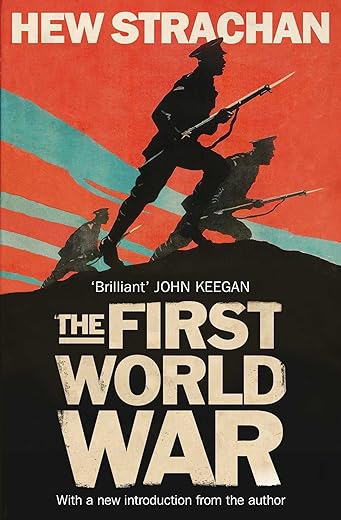

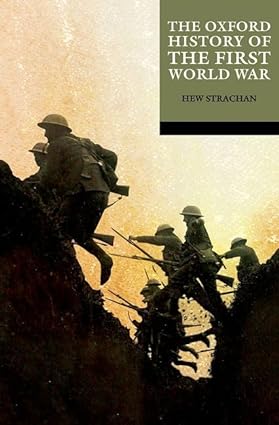
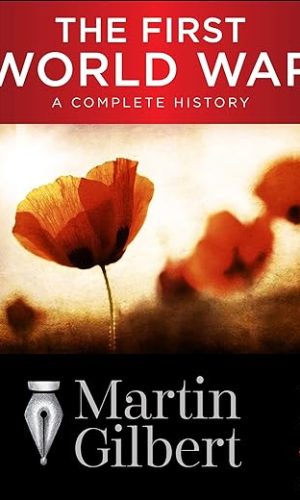
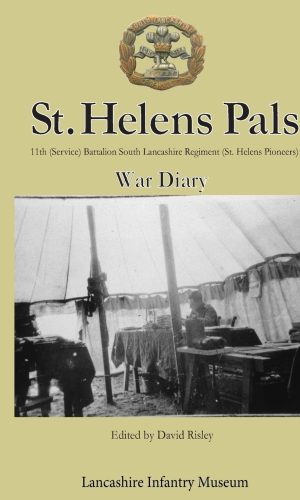
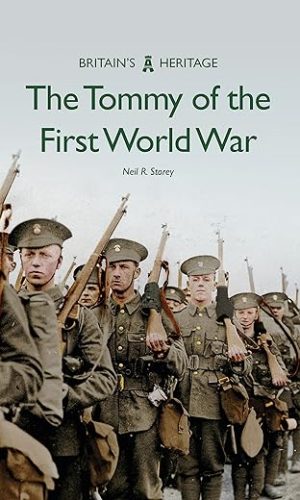
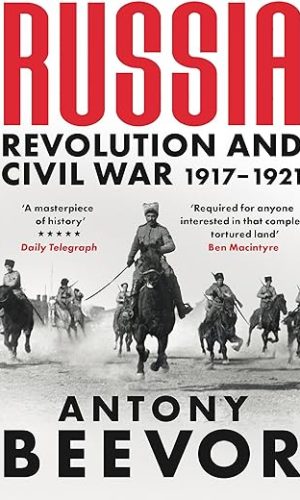

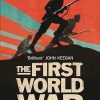
by F Henwood
Cliché has it that hindsight gives us understanding. Is that really the case? If that is so, then why are historians still arguing about the causes of the First World War, and who should be blamed? Hindsight doesn’t necessarily generate wisdom or understanding but it can give rise to arrogance: we assume that people who lived through an event of which we have no experience must have seen things the way we think we would have done. The First World War is no less prone to the arrogance of hindsight. It is a story of the flower of youth trampled down in the mud of Flanders, of budding poets’ lives tragically cut short, of brass hats safely behind the lines callously ordering millions of young men to their deaths. We are going to hear a lot of that over the coming months. But how accurate is it?
This is not how people saw things at the time. Letters revealed that many soldiers though that they fought for a good cause – that went for all sides. Seventy-Eight British generals were killed in action – and 71 German and 55 French generals likewise died in action – not exactly the picture you get from watching Stephen Fry in Blackadder, is it? The ANZAC soldiers at Gallipoli were not rugged Digger types but urban dwellers and they felt they were fighting for the old country – again, not the impression you get watching Mel Gibson in the film, Gallipoli. Wilfred Owen does not get a look in in this book – presumably out of no disrespect for his literary talents but because his view on the war was not representative. We can of course debate its point and whether it was worth it – just so long as we don’t assume we are speaking for the war’s participants when we do, and be aware of our own conflicted judgements when we speak of the war. As the author notes, we venerate the writers that condemned the war, but condemn those who embraced appeasement, the logical correlate, twenty years later (p.330).
There is much more to the book than that. Although Strachan is a military historian, this book is not a mere compendium of battles. He has a broad grasp of the interplay of politics and economics and does not see battles in isolation. In over 300 pages, he looks at the war not just from the military dimension but also on the relationship between war and domestic politics, the economic battle of production and the role of the home front, the intricacies the relationships inside the two opposing coalitions, the Central Powers and the Entente. The author has a very good knack for summing up, in just a few sentences, what the nub of a particular issue was. Take for instance the discussion on the development of international tensions in the run up to the war. Britain settled its differences between France and Russia in the 1900s, to stabilise the international order. Germany, feeling encircled by Britain, France and Russia, had every incentive to revive enmities among them and break up what it saw as a hostile coalition ranged against it, and achieve great power status in doing so. In this sense, the perception that German ambitions destabilised the international order prior to the war is justified – although he does not go as far as pinning blame on Germany exclusively for the actual outbreak of the war.
Victory for the Entente was not just a matter of winning a war of attrition, with the scales tipped in its favour by American intervention, plus the Royal Navy’s blockade (the contribution of which has been overstated, according to the author). The Entente won the battle of production and managed the poliitcal demands of coalitional warfare better than the Central Powers. While both sides learned from experience, the Entente gained the edge on the technological learning curve, and finally managed to bring such innovations like the tank and the aeroplane to bear, with decisive effect. The book also challenges the idea that the war was a `European Civil War’. It was a World War. Whole chaters are given to the war in Africa and the Russian Revolution too to demonstrate that universal ideological principles were at stake, with global impact. The war was no local difficulty in Europe. Its legacy is still being felt today, outside Europe’s boundaries. As far as Israel/Palestine and Iraq are concerned, the First World War is long-over but the peace is yet to come.
As a general introduction to the subject, this book is excellent. It is only a shame that only one of the proposed three volumes on the war that this author was supposed to write has appeared (over 10 years ago). I would definitely want to read them, if they ever do come out in print. In the meantime, if you want a general introduction to the subject, and you want to know more about the war than just the battles, then this is an excellent place to start.
by john
What I liked about this book was the way it focused upon the ambitions of the main protagonist Germany, rather than viewing the War entirely from a British perspective. This enabled the ramifications of German policies both within the European theatre and worldwide to be followed with greater clarity and understanding. This was especially interesting when discussing the effects of the War upon the Empire and the attempts of the German Navy to cause havoc from their Far East base from which they issued as the Japanese advanced. I was disappointed that having introduced these theatres of conflict they were not further explored, especially with regard to the Aftermath. Chapters on the Balkan complexities were good and the opportunistic entry into the War of Japan, Turkey and Italy illuminating. So too was the breakdown of the various ethnic minorities and their aspirations for self-determination and how both the Austria-Hungarian and Ottoman empires had sought to contain them. It was surprising how similar the campaigns on the Eastern Front and the Middle East were to those engaged in WW11. I would have welcomed a more opinionated summary from the Author as to his views on the Wars legacy and what he feels to be the main unresolved issues that are still relevant and affecting us today.
The style of writing lacks the flair and verve of an AJP Taylor but it is far from stilted and reads easily although at times you can see how carefully considered a word or phrase has been. The Author often makes reference to earlier pre war events by date only and sometimes I had to stop and ‘Google’ but it’s unreasonable to expect my own ignorance to be fully anticipated and learning something new is why I read in the first place. The Authors depth of knowledge and research is impressive ( and enviable ) More important was the frugality of maps. Those available necessitated leaving the page to view. Perhaps this just applies to the Kindle edition. At times I yearned to have a proper book in my hands.
Despite these small concerns I would recommend this book. It’s interesting, stimulating and leaves you wanting more. Do politicians read History Books?
( Oh dear, Churchill immediately comes to mind!)